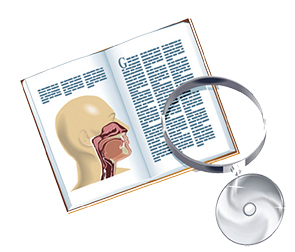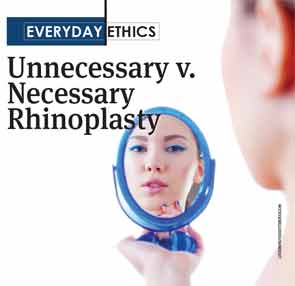What characteristics and disparities are associated with pediatric acute bacterial sinusitis (ABS) complications?
Steroid-Eluting Implants Effective for Recurrent Nasal Polyps
Can the use of steroid eluting stents play a positive role in treating post-surgery recurrent nasal polyposis in the clinic?
ESS Effective and Reduces Healthcare Costs
Is sinus surgery successful in providing relief and reducing cost?

Is Post-Operative Stenting Necessary in Endoscopic Dacryocystorhinostomy?
Endoscopic DCR without stenting reduces intensity of post-operative management, avoids potential for stent-related complications, and offers comparable patient outcomes

How to Manage a Teenaged Patient Seeking Medically Unnecessary Rhinoplasty
Ethical considerations, treatment benefits and risks that physicians must present to help patients, families make informed decisions
Frontal Sinus Drillout Viable for Frontal Sinus Disease
What are the long-term results of using frontal sinus drillout (modified Lothrop procedure) to treat advanced frontal sinus disease?
Intubation Risk Factors in Angioedema
What are the risk factors for progression and airway intervention of angioedema after initial evaluation?
Unplanned Admissions after Sinonasal Surgery
What are the factors for unplanned admission of patients after sinonasal surgery?
Sinus Surgeries Increase from 2000 to 2009
Have rates of sinus surgery changed over the last 10 years?
Nasal Irrigation Improves Pediatric CRS
Can nasal irrigation be used effectively as a first-line treatment for pediatric chronic rhinosinusitis (CRS)?
- « Previous Page
- 1
- …
- 17
- 18
- 19
- 20
- 21
- …
- 31
- Next Page »